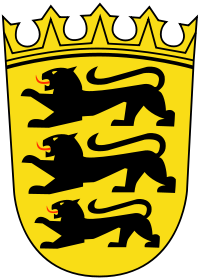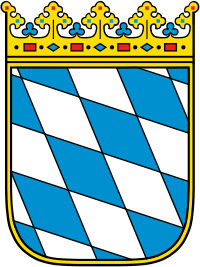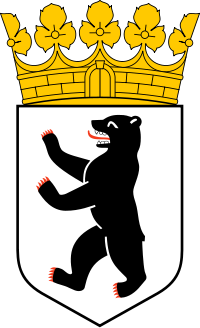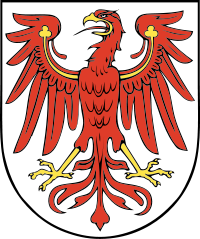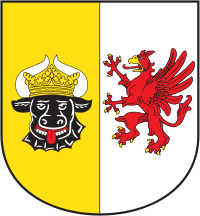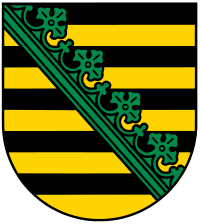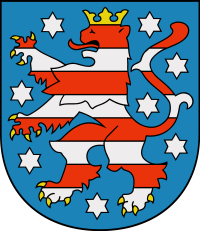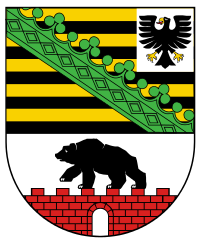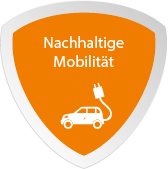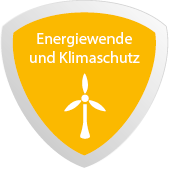Die nachfolgenden Inhalte stammen aus dem Kooperationsprogramm "Interreg CENTRAL EUROPE" (genehmigt am: 16.12.2014).
Kurzbeschreibung
Actions to improve coordination among freight transport stakeholders for increasing multimodal environmentally-friendly freight solutions will be supported.
Förderziel
All supported actions will clearly contribute to improving coordination among freight transport stakeholders, thereby increasing multimodal environmentally-friendly freight solutions which are also further fostering climate change mitigation in central Europe.
Fördergegenstände
Demonstrations-, Modell- und Pilotvorhaben, Strategieentwicklung, Konzept-, Teilkonzepterstellung, Vernetzung, Kooperation, Wissenstransfer
Zuwendungsempfänger
Among others:
- Local, regional and national public authorities.
- Regional development agencies.
- Enterprises.
- Transport operators including operators of multimodal logistics hubs, infrastructure providers, transport associations.
- Regional innovation agencies.
- NGOs.
- Financing institutions.
- Education and training organisations as well as universities and research institutes.
Förderfähige Gebietskulisse
Förderfähig sind die Bundesländer: Baden-Württemberg, Bayern, Berlin, Brandenburg, Mecklenburg-Vorpommern, Sachsen, Sachsen-Anhalt, Thüringen.
In Baden-Württemberg: Stuttgart, Karlsruhe, Freiburg, Tübingen.
In Bayern: Oberbayern, Niederbayern, Oberpfalz, Oberfranken, Mittelfranken, Unterfranken, Schwaben.
In Sachsen: Dresden, Chemnitz, Leipzig.
Kooperationsmöglichkeiten bestehen mit folgenden Staaten: Österreich, Tschechien, Ungarn, Italien, Polen, Slowenien, Slowakei.
Achtung: Bitte Prüfen Sie im Kooperationsprogramm (CP, KP) welche Teilräume der Staaten förderfähig sind.
Art der Unterstützung
Non-repayable grants
Beschreibung
Examples of actions supported are:
- Developing and implementing coordinated strategies (including innovative financing and investment models) for strengthening the multimodality of environmentally-friendly freight transport systems (e.g. rail, river, or sea transport).
- Developing and implementing coordination and collaboration mechanisms between multimodal freight transport actors.
- Developing and implementing coordinated concepts, management tools and services aimed at increasing the share of environmentally friendly logistics through optimised freight transport chains (e.g. multimodal transnational freight transport flows).
- Developing and testing coordinated strategies and concepts for “greening” the last mile of freight transport (e.g. logistics planning).
Within the supported actions different types of outputs can be obtained. Emphasis is put on policy learning and/or implementation-oriented approaches at transnational level. These can include the development and implementation of strategies and action plans, the development, testing and implementation of tools, the preparation of investments and leverage of funds, the implementation of pilot actions - including pilot investments - as well as capacity building also through training. If relevant, actions should link to the TEN-T core network corridor and the rail freight corridor initiatives in order to create positive synergies.
Hinweis: Weitere förderrelevante Informationen zur Maßnahme finden Sie im Kooperationsprogramm (CP, KP) S. 73-75.
Zielgruppe
They include both public and private actors, such as providers and operators of freight transport and logistics services, commercial customers of freight transport systems, institutions planning and managing freight transport, infrastructure providers and other local or regional freight transport actors. Target groups include all population groups which are affected by the issue.
Zentrale Zuwendungsvoraussetzungen
Applications focussing on purely academic cooperation or basic research as well as on a mere exchange of knowledge and networking will not be funded.
All operations receiving funds have to meet the following horizontal quality requirements:
- Transnational and territorial relevance.
- Partnership relevance.
- Concrete and measurable results.
- Durable outputs and results.
- Coherent approach.
- Sound project communication strategy.
- Effective management.
- Sound budget.
Wichtige weitere Informationen zu Zuwendungsvoraussetzungen, wie z. B. die Mindestanzahl an Projektpartnern, finden Sie in den zugehörigen Unterlagen und im Kooperationsprogramm (CP, KP), S. 98-100.
Auswahlverfahren
The selection of operations will be carried out in application of Article 12 of the European Territorial Cooperation (ETC) Regulation following a standardised assessment procedure.
Projektauswahlkriterien
Detailed quality assessment criteria will be laid down and made available to applicants in call-specific documents. The assessment will be conducted by qualified assessors with the required expertise.
Informationen zu den Auswahlkritierien und der Vorgehensweise bei der Projektauswahl finden Sie im Kooperationsprogramm (CP, KP), S. 27-28 sowie auf der Webseite des Programms.
Laufzeit
Start der Maßnahme: 01.01.2014
Ende der Maßnahme: 31.12.2023
Sonstiges
As a basic principle, the Interreg CENTRAL EUROPE Programme will mainly support cooperation activities between lead partners (LPs) and project partners (PPs) located in the eligible areas of the MSs (territory or parts of the territory of the nine CENTRAL EUROPE Member States (MSs) Austria, Croatia, Czech Republic, Germany, Hungary, Italy, Poland, Slovakia and Slovenia). An exception to the rule with regard to the location of partners is the case of those national public authorities/bodies which are competent in their scope of action for certain parts of the eligible area but which are located outside of it (e.g. ministries). German and Italian institutions falling under this definition are to all effects assimilated, both in terms of rights and obligations, to partners located in the programme area.

